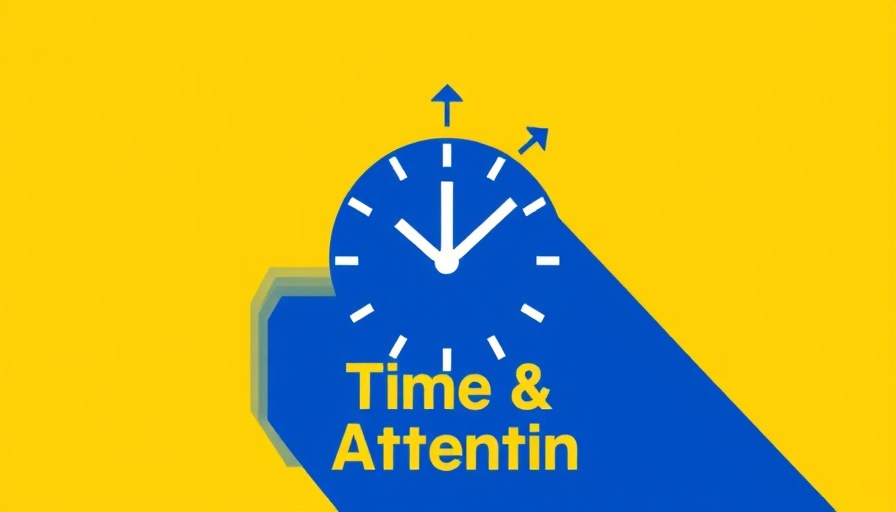
Breaking the Myth: Wakeup Time and Productivity
For years, society has glamorized the notion of early risers, positioning them as the epitome of productivity and success. However, emerging research challenges this narrative. According to circadian neuroscientist Russell Foster, our wakeup time does not dictate our future or productivity; rather, it is our conscious choices and deliberate actions that shape our outcomes.
Rethinking Productivity
Imagine two people embarking on their day: one rises at 5 AM, while the other prefers a leisurely 10 AM start. On the surface, it seems intuitive to assume that the early bird, with their head start, would achieve more. Yet studies show this is a misconception. It’s the quality and intention behind the actions throughout the day that truly matters.
Instead of fixation on wakeup times, professionals should shift their focus to managing their energy levels. Many successful individuals operate at their peak times, often irrespective of when they wake up. For executives and entrepreneurs, understanding the natural highs and lows of their energy can lead to better productivity outcomes, irrespective of their first interaction with sunrise.
The Science Behind Sleep Patterns
Human circadian rhythms play a significant role in sleep quality and overall health. Research has demonstrated that aligning your work schedule with your natural body clock can optimize both productivity and wellbeing. For those who feel more vibrant in the late mornings or afternoons, it's essential to harness that energy efficiently rather than adhering to a traditional schedule that may not suit their rhythm.
Overcoming Early Riser Guilt: Strategies to Embrace Your Schedule
Many struggle under the weight of societal expectations to wake up early. However, it’s crucial to recognize that there are numerous successful late risers who perform optimally without conforming to the 5 AM standard. Acknowledging your unique sleep needs is not only beneficial but necessary for personal growth and productivity. Embracing a schedule that fits your lifestyle will enhance focus and creativity, ultimately driving business success.
Actions Speak Louder: Making the Most of Your Wakeup Time
So, what can you do to maximize your productivity? Start by recognizing your peak hours of energy. Incorporating tasks that require deep focus during these windows can yield extraordinary results, whether you wake at dawn or well after the sun is up. Create a structured day that allows flexibility within boundaries. Utilize tools like time blocking to ensure that your most demanding tasks are completed during your natural peak performance times.
The Emotional Connection: How Your Mindset Impacts Your Day
Often, the pressure to conform to the early bird mentality can lead to feelings of guilt and inadequacy. Instead of allowing this to dominate your mindset, shift your focus to a more positive perspective: how you manage your time, your bursts of productivity, and your ability to adapt to demands. Emotional wellness is intricately linked to your productivity; a calm mind fosters alertness and improved performance.
Conclusion: Embrace Your Unique Productivity Rhythm
In conclusion, rather than obsessing over your wakeup time, prioritize understanding how you operate best throughout any given day. Whether you soar at dawn or thrive as the sun sets, remember that being deliberate in your actions far outweighs waking up early.
By embracing your natural rhythm and focusing on productivity-enhancing strategies tailored to your energy peaks, you’ll discover that the key to success is not dictated by societal norms but rather by a deep understanding of your unique work habits.
Now, it's time to reflect on your productivity strategies. What adjustments can you make to optimize your day-to-day performance? Consider taking actionable steps toward harnessing your peak energy levels and eliminating any lingering guilt associated with your chosen wakeup times. Your productivity is in your hands, regardless of when you rise.
 Add Row
Add Row  Add
Add 




Write A Comment